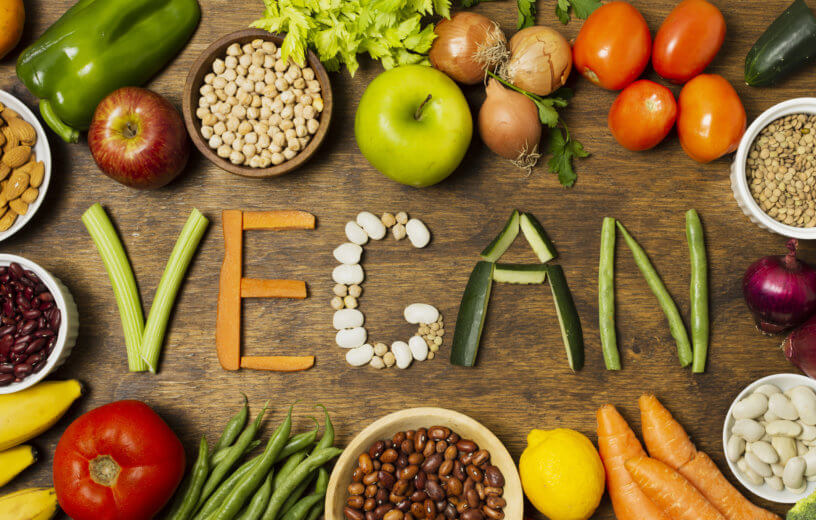LONDON — For years, the dairy industry has said that milk builds strong bones. A new study finds nutrients in meat may be the actual key to a sturdy skeleton. Researchers from the Universities of Oxford and Bristol say vegans, vegetarians, and pescatarians (fish eaters) have a higher risk of bone fractures than their meat-eating friends.
According to a review of nearly 55,000 people in the United Kingdom, vegans with lower calcium and protein levels than people eating meat have a 43-percent higher chance of fracturing a bone. Specifically, their chances of fracturing a hip, leg, or vertebrae are noticeably higher. Vegetarians and people who only eat fish also have an increased chance of hip fractures compared to carnivores.
“This is the first comprehensive study on the risks of both total and site-specific fractures in people of different diet groups. We found that vegans had a higher risk of total fractures which resulted in close to 20 more cases per 1000 people over a 10-year period compared to people who ate meat. The biggest differences were for hip fractures, where the risk in vegans was 2.3 times higher than in people who ate meat, equivalent to 15 more cases per 1000 people over 10 years,” says Dr. Tammy Tong, a nutritional epidemiologist from Oxford, in a university release.
Researchers caution that risk for fractures slightly dropped when accounting for body mass index and calcium and protein intake.
How does a vegan diet affect bone health?
The study examined 54,898 participants recruited between 1993 and 2001 and followed them for an average of 18 years. More than 29,000 people consumed meat, 15,499 reported being vegetarians, just over 8,000 ate fish only, and 1,982 were vegans.
Keeping track of their overall health until 2016, researchers reveal 3,941 people suffered a fracture at some point. Those injuries include breaks to the hip, wrist, arm, leg, and ankle. Another 467 fractures occurred in a “main body site” such as the collar bone, ribs, or a vertebrae.
Aside from hip fractures, study authors also find vegans, vegetarians, and pescatarians all see an increased risk of leg and main site fractures compared to people eating meat. When factoring in BMI however, there doesn’t seem to be any connection between diet and arm, wrist, or ankle fractures.
“Previous studies have shown that low BMI is associated with a higher risk of hip fractures, and low intakes of calcium and protein have both been linked to poorer bone health. This study showed that vegans, who on average had lower BMI as well as lower intakes of calcium and protein than meat eaters, had higher risks of fractures at several sites. Well-balanced and predominantly plant-based diets can result in improved nutrient levels and have been linked to lower risks of diseases including heart disease and diabetes,” Dr. Tong adds. “Individuals should take into account the benefits and risks of their diet, and ensure that they have adequate levels of calcium and protein and also maintain a healthy BMI, that is, neither under nor overweight.”
One drawback the researchers note is the fact that records don’t separate fractures caused by poor bone health. These are bone injuries due to a minor fall from standing height or less. The data lumps these injuries in with fractures from more serious accidents. Additionally, the majority of the study participants are women of European decent, which the team says may be masking differences in bone mineral density seen in other ethnicities.
The study appears in the journal BMC Medicine.
